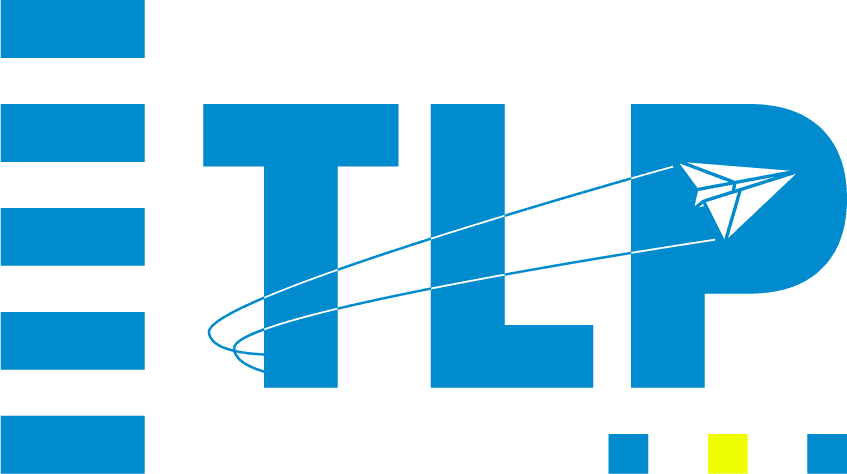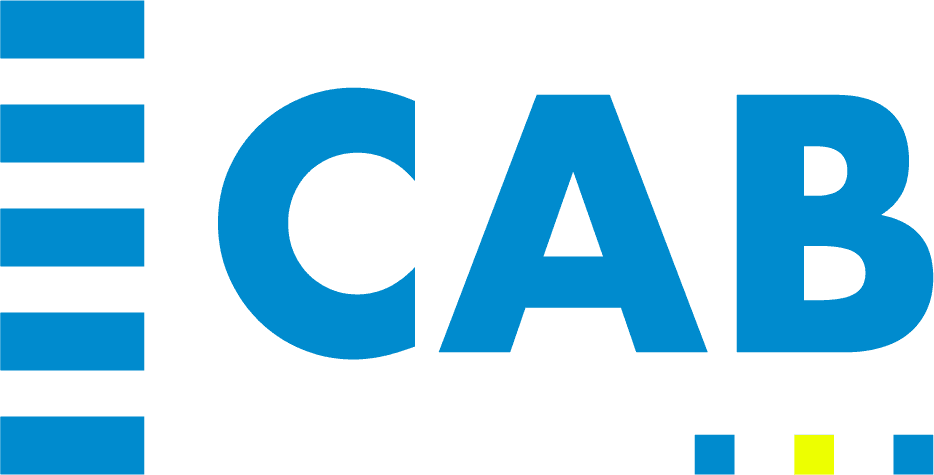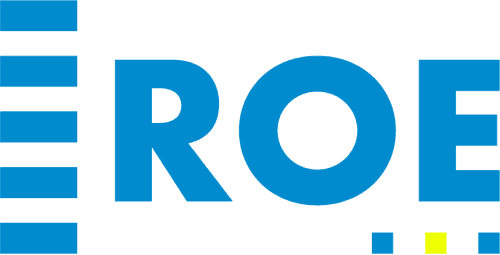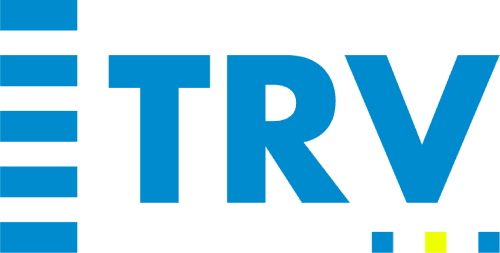
How to Improve Communication Skills in the Workplace
Oct 31, 2025
5 min read
Do you ever feel like your day is swallowed up by meetings, emails, notifications, and constant pings? It’s a lot.
And when communication slips, the noise piles up, confusion spreads, work gets duplicated, and time just evaporates. On the flip side, when communication is sharp and clear, everything clicks. People know what’s expected and work flows with less friction.
Think about aviation for a second. Pilots and air traffic control don’t have the luxury of vague language. A missed word can cause chaos.
In the workplace, the stakes might not be as high, but the principle is the same: streamlined communication keeps things focused. Let me share how to ace this.
Why Communication Skills Matter
Talking is just one part of communication. You also have to make sure the right message lands in the middle of all the distractions we deal with every day.
When communication is clear, mistakes go down and productivity goes up. People don’t waste time second-guessing or redoing tasks. Why would they? They know clearly what’s needed, and they can focus on doing it well.
Aviation offers a perfect analogy: “signal vs noise.” In the cockpit, critical information has to cut through every distraction.
If the signal gets buried, safety is at risk. The same applies in the workplace, where cluttered and unclear messages create delays. Not to mention, they’re frustrating as hell.
Even worse, the cost of poor or no communication is super high. Companies lose around $62.4 million per year due to ineffective communication. Quite a costly mistake, isn’t it?
Common Barriers to Good Communication
If clear communication is so valuable, why does it break down so often at work? A big reason is relying too much on tools like email and Slack.
Messages pile up, and people spend more time searching than acting. Add jargon-heavy or vague instructions, and confusion only grows.
Then, there’s the issue of multitasking. We’ve all been in meetings where someone’s half-listening while checking their phone. What happens? They miss details and ask repeated questions that frustrate everyone in the room.
Poor listening habits make it worse. When people are just waiting for their turn to speak instead of paying attention, conversations go in circles and solutions stall.
I live by Larry King’s, the radio host, words, ‘’I remind myself every morning: Nothing I say this day will teach me anything. So if I’m going to learn, I must do it by listening.’’
Stephen R Covey, one of my favorite authors known for his highly acclaimed book The 7 Habits of Highly Effective People, also says something similar: ‘’Seek first to understand, then to be understood.’’
I couldn’t think of a better piece of advice.
Skills to Build Better Communication
We’ve all got our hands full. There’s just too much information going around. But great communication keeps us afloat and lets us hear beyond the noise even when floating in a sea of information.
Here’s what I’d suggest doing.
Be Clear and Concise
Clarity is the quickest path to getting things done. When messages are stretched into long explanations, people lose track of the main point.
Keep it simple. What’s the task, who’s responsible, and when is it due? A short, direct message saves more time than a paragraph of vague instructions.
Use Active Listening
Active listening means paying your full attention to what someone is saying. Then, confirm what you heard and ask follow-up questions.
A quick “So you’re saying the report is due Friday, right?” avoids mistakes later. It also shows the other person that you respect what they have to say. In fact, research shows that active listening improves professional relationships.
Choose the Right Medium
What do I mean by ‘’right? In simple words, choose the medium that goes with your message and is comfortable for the recipient.
If you’re sending detailed info, go for email. Slack or chat apps are fine for quick updates. Complex issues? Call a meeting.
Practice Empathy
McKinsey says it’s ‘’cool to be kind’’ in the workplace, and I agree.
Before you hit send, think about how the message will land. Is it clear? Does it answer the obvious questions?
Put yourself in the other person’s shoes. It will help you avoid confusion and show the other person you care about their time.
Benefits of Strong Workplace Communication
Strong communication makes everything run smoothly. Teams waste less time clearing up misunderstandings and more time actually working on projects.
Productivity rises because people know exactly what’s expected, and the risk of duplicate work or missed deadlines shrinks.
Clear communication also makes collaboration easier since different departments can work together on shared goals. In simple words, cross-functional projects stop feeling like a tug-of-war.
Trust also increases when everyone communicates clearly with each other. People want to give their best when they feel their voice is heard.
Lee Iacocca, the executive behind the Ford Mustang, has given us this golden nugget: ‘’You can have brilliant ideas, but if you can’t get them across, your ideas won’t get you anywhere.’’ Strong communication helps your ideas take off rather than getting lost in the noise.
Aviation gives us a vivid example. Flight crews operate with near-perfect synchronization. It’s not because they can read minds, of course. It’s because their communication is structured and clear. That same discipline can make a workplace feel less chaotic and more collaborative.
Clear Skies Ahead With Effective Communication
I won’t lie to you, workplace noise is unavoidable. But good communication can cut through it. Teams that share information clearly see higher productivity and fewer misunderstandings.
It’s not an abstract payoff. You actually see tangible results in fewer wasted hours and better collaboration. The lesson is simple: be intentional with your words and keep messages clear. Do that, and communication becomes your most reliable productivity tool.
Aviation reminds us what happens when communication is clear. In the air, it keeps people safe. On the ground, it keeps projects on track and teams sane.
Watch this video to learn how we communicate effectively in aviation.
Sources:
SHRM: ‘’The Cost of Poor Communication.’’ Accessed 10/05/2025.
ResearchGate: ‘’ACTIVE LISTENING -A MODEL OF EMPATHETIC COMMUNICATION IN THE HELPING PROFESSIONS.’’ Accessed 10/05/2025.
McKinsey: ‘’It’s cool to be kind: The value of empathy at work.’’ Accessed 10/05/2025

Article by
Founder, Think Like a Pilot & GBM6
Bobby Dutton is a professional speaker, entrepreneur, and philanthropist. He's also a licensed commercial pilot and flight instructor -- for fun. Thriving at the intersection of engineering and art, Dutton created GrooveBoston in 2004, built on the statement "Music is No Longer a Spectator Sport." His team (now called GBM6) is about making people happy, through legendary events. Bobby's pioneering work on event design has won him awards internationally, and he was voted one of the "Top 25 Young Event Pros to Watch" by Special Events Magazine. After 20+ years of navigating high-stress situations as a business owner and event producer, Bobby found calm in an unlikely place: in the sky. He now teaches these aviation-inspired decision-making tools to thousands through events, keynotes, and workshops.


